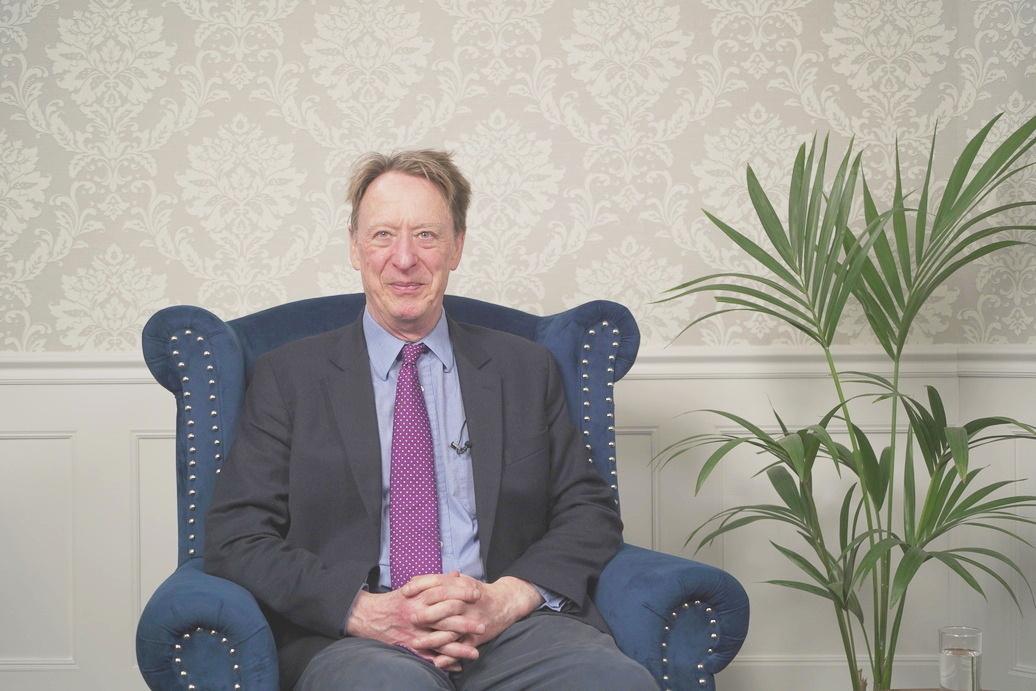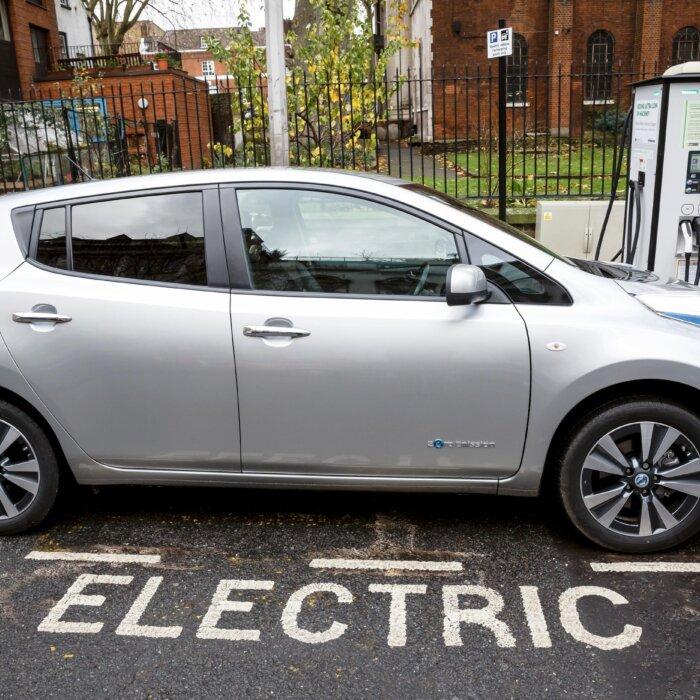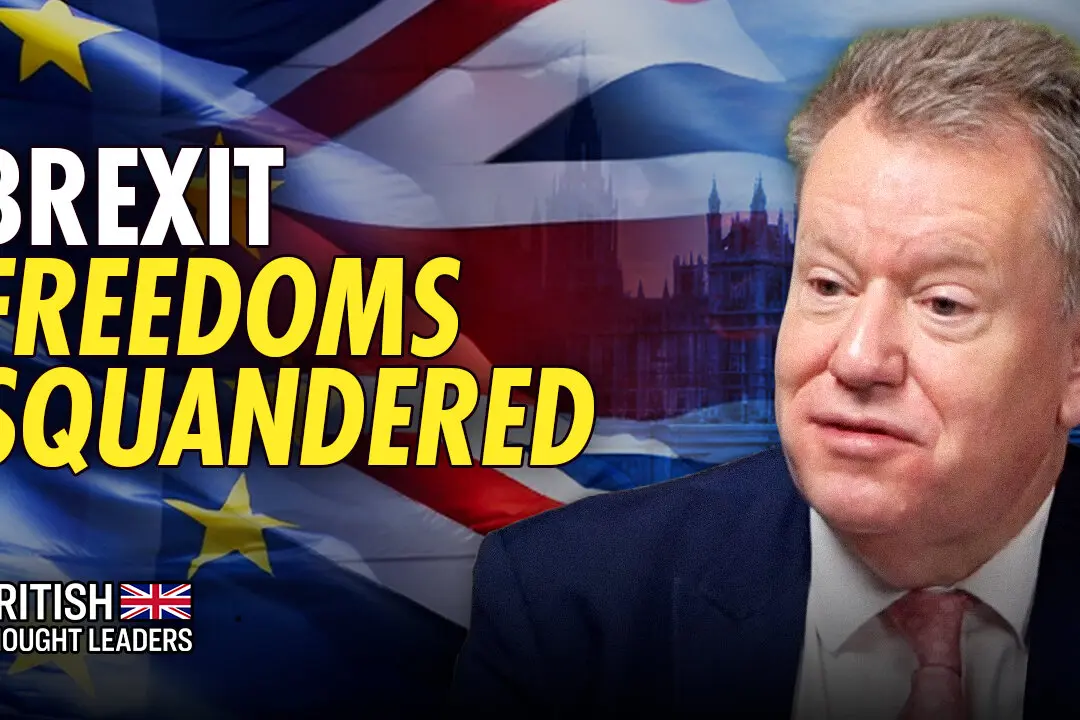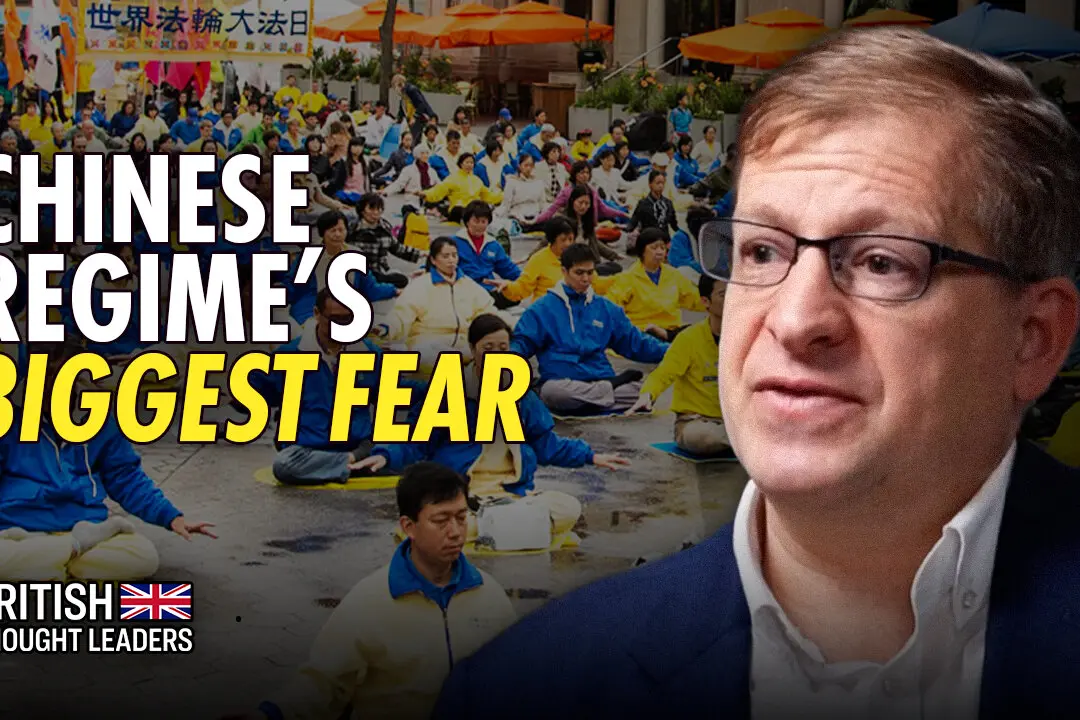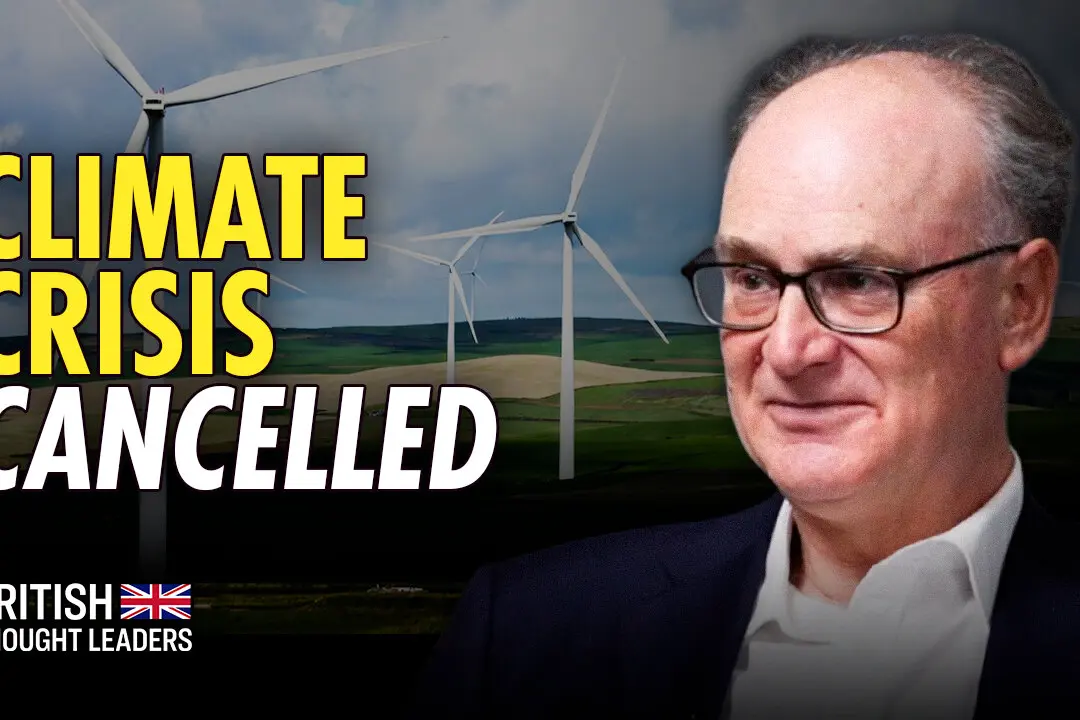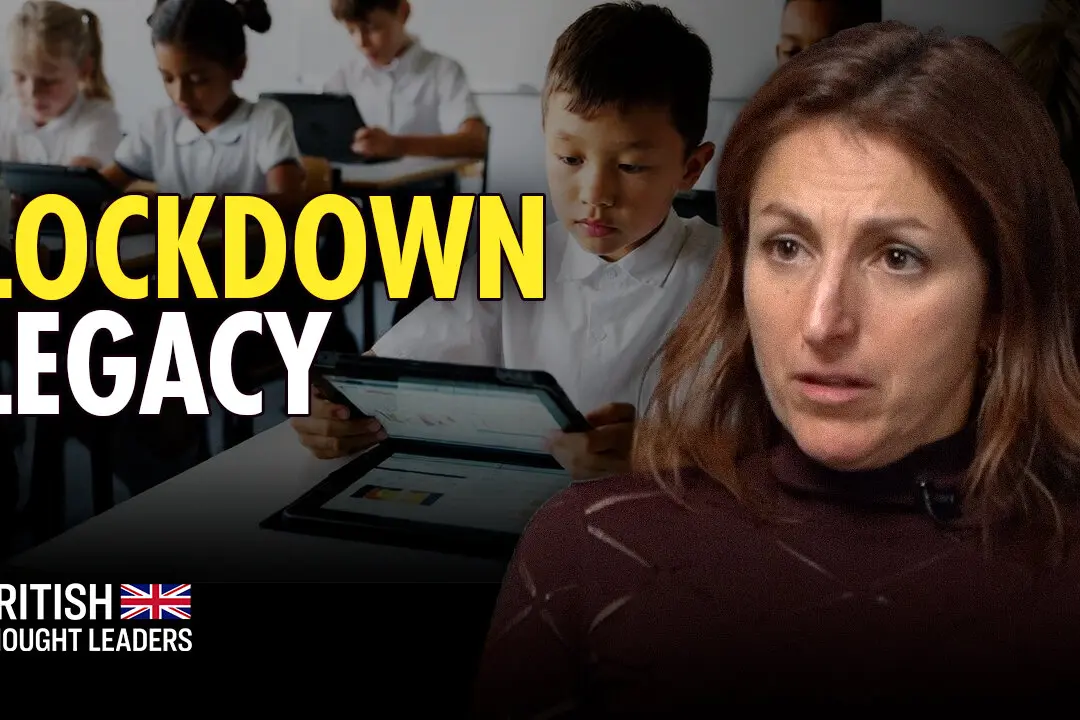Net zero policies benefit the super wealthy while denying people lower down the means to improve themselves, says a leading policy analyst.
“The British economy was deeply scarred by the financial crisis, and its trend growth of productivity has basically flatlined since 2008,” said Mr. Darwall.
He noted that 2008 was the same year that Parliament passed the Climate Change Act, which requires the government to set a legally binding target of net zero greenhouse gas emissions by 2050.
“Which as a result, saw huge amounts of capital deployed on very low-yielding to negative-yielding assets in the power generation sector, namely, wind, wind and solar, he said.
“It is unquestionably the case that mandating very aggressive decarbonisation worsens the productive potential of the economy,” said Mr. Darwall.
Billionaires
He said the push for net zero “doesn’t challenge the existing social hierarchy.”He noted that super wealthy individuals such as King Charles III, former New York Mayor Michael Bloomberg and Bill Gates are all keen to flout their eco-credentials.
“On the one hand, economically it’s very radical, but socially, it’s all about maintaining existing social stratification and, of course, denying people lower down the means to rise up to better themselves,” he said.
He said that green policies and decarbonisation are “ethics for the super wealthy.”
He said that Mr. Gates has got so much money he pays an enormous amount to have carbon dioxide sucked out of the air with direct air capture technology.
“But of course, you can do that if you’re one of the richest people on the planet. For ordinary people, if you’re going to expect them when they take their holiday to the Mediterranean to pay hundreds of pounds extra, it’s not it’s not going to happen,” he said.
Green Jobs
He said that environmentalism is an “anti-growth strategy” and that the “green jobs” which have been promised by politicians exist, though not as people think.“Green jobs have materialised,” he said. “And they’re really in China. That’s where the green jobs are. They’re not in Europe.”
“Europe is not competitive. It doesn’t have the low energy costs that China has to make this kit. Making this kit is very, very energy-intensive,” he added.
He said that green policies in Britain have turned it into one of the most expensive places in the world for businesses in terms of electricity bills.
“Basically, steelmaking is being put out of business in this country,” he said adding that also oil refineries are being closed and that the petrochemical industry is going struggle to survive.
“A lot of industry is basically going to be wiped out,” he said.
He also noted that the legislation requires carmakers to produce an escalating minimum quota of electric vehicles.
‘Deep Growth Trap’
Mr. Darwall also claimed that the wind industry has “conned the government into saying wind is cheap.”He said that the government believed that the cost of offshore wind was about £50 pounds per megawatt hour. However his analysis of the accounting data suggests that the “breakeven” cost of wind power is north of £100 pounds per megawatt hour.
He said the industry turned around and said “actually, our costs are a lot higher.”
However, since the Climate Change Act imposes a legal obligation on the government to achieve net zero emissions, failure to provide taxpayer-funded subsidies to wind farm companies could potentially contradict this very law.
He added that “growth is needed to fund the state and to fund public services, however the country has had very little growth since 2008.”
“Essentially, green policies mean endless austerity, it means extremely high tax rates,” he said, mentioning that the tax burden in Britain is the highest it’s been since the post-war period of the late 1940s.
“It’s very bad for both the private consumption, for public consumption and also public investment,” he said, adding that Britain “has a very low level” of public investment and private investment.
“Britain is in a deep growth trap, and we will remain in this growth trap. If someone says ‘but if you’re in a hole, stop digging,’ but what we’re doing with net zero, we’re just digging harder and harder,” he said.
